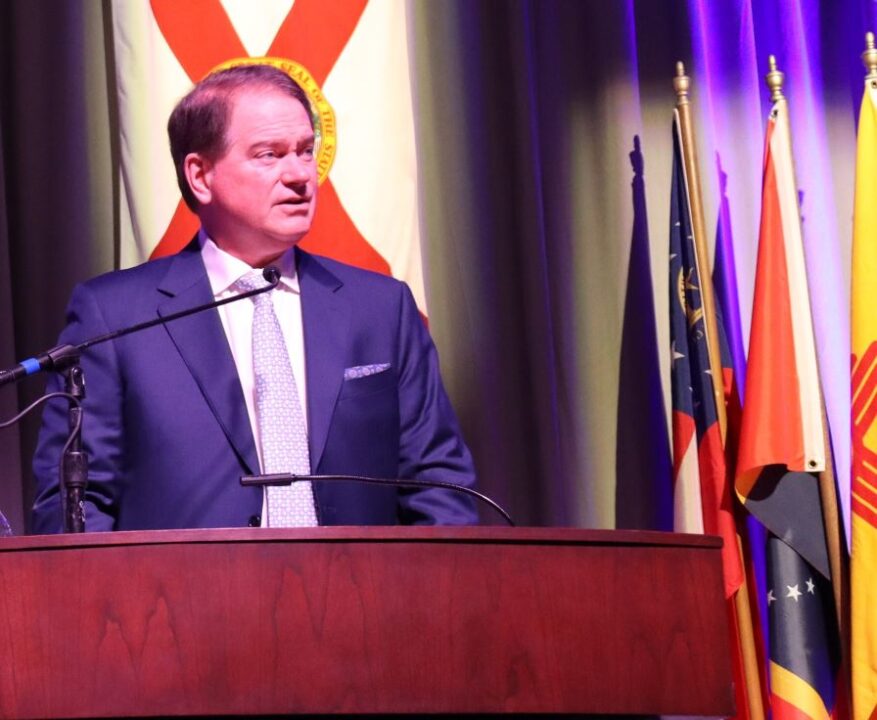2022 IN REVIEW: NCC Continues to Monitor and Protect Rules Impacting Cotton
The National Cotton Council engaged with EPA this year on multiple rules that could seriously affect cotton producers’ viability. Among those were a final rule to regulate “waters of the United States” (WOTUS) that the agency sent to the Office of Management and Budget, and EPA’s new Endangered Species Act workplan, designed to make and show progress in protecting endangered species from pesticides.
Regarding WOTUS, the NCC continued seeking gains made under the now-defunct Navigable Waters Protection Rule (NWPR). We pointed out that losing the NWPR was a step backward and that changing rules every few years would do more environmental harm than good in the long run. After the last of three public hearings conducted by EPA and the Corps of Engineers on their proposal to temporarily replace the NWPR with the 1986 water rule, NCC staff urged them to speak at length to USDA and the Natural Resources Conservation Service before making decisions that conflicted with modern conservation efforts, normal farming practices, and climate change initiatives.
On EPA’s dicamba risk assessment, the NCC submitted comments emphasizing the importance of the product in use against glyphosate-resistant Palmer amaranth. Comments were also provided to an EPA petition seeking revocation of tolerances and cancelling of uses for 15 organophosphate pesticides.
In comments to EPA regarding the biological evaluation for sulfoxaflor, we cited the numerous previous studies documenting the substantial losses from pests such as the Lygus spp. and noted that sulfoxaflor belongs to one of the modes of action that controls the pest. The NCC’s comments submitted to EPA regarding its proposal to cancel all agricultural uses for the herbicide diuron urged the agency to consider water monitoring data that did not agree with their water model analysis.
The NCC and 30 other stakeholders sent a letter to EPA Administrator Michael Regan urging the rejection of a petition from activist groups to impose duplicative layers of regulation on treated seeds by regulating the seeds in addition to the already-regulated pesticide applied to the seed.
The NCC also filed comments with the National Oceanic and Atmospheric Administration regarding a report condemning microfiber pollution of synthetics and plastics in the environment. We noted many issues and mistakes, including statements implying that cotton is not biodegradable and that natural microfibers could be defined as microplastics.
The Cotton Foundation trustees approved funding for 12 general research projects totaling $270,500 for 2022-23. Included are studies related to a new invasive insect (cotton seed bug), sustainability, regulatory issue information gathering, plant protection products re-registration, risk– data updating, and education efforts. With COVID-19 no longer a major threat, the NCC also was able to resume two producer-oriented Foundation special projects — the Producer Information Exchange and the Multi-Commodity Education Program.
The NCC continued its tradition of promoting research and technology transfer to cotton producers. As such, the NCC is encouraging everyone with a vested interest in a healthy U.S. cotton industry to attend the 2023 Beltwide Cotton Conferences — set for Jan. 10-12 at the New Orleans Marriott — where the latest research, technology, and issues affecting U.S. cotton production and processing will be shared. Producers, independent crop consultants and students who register before Dec. 14 can take advantage of reduced registration fees of $80. Go to www.cotton.org/beltwide/ to register and for housing, programming, and other information.









